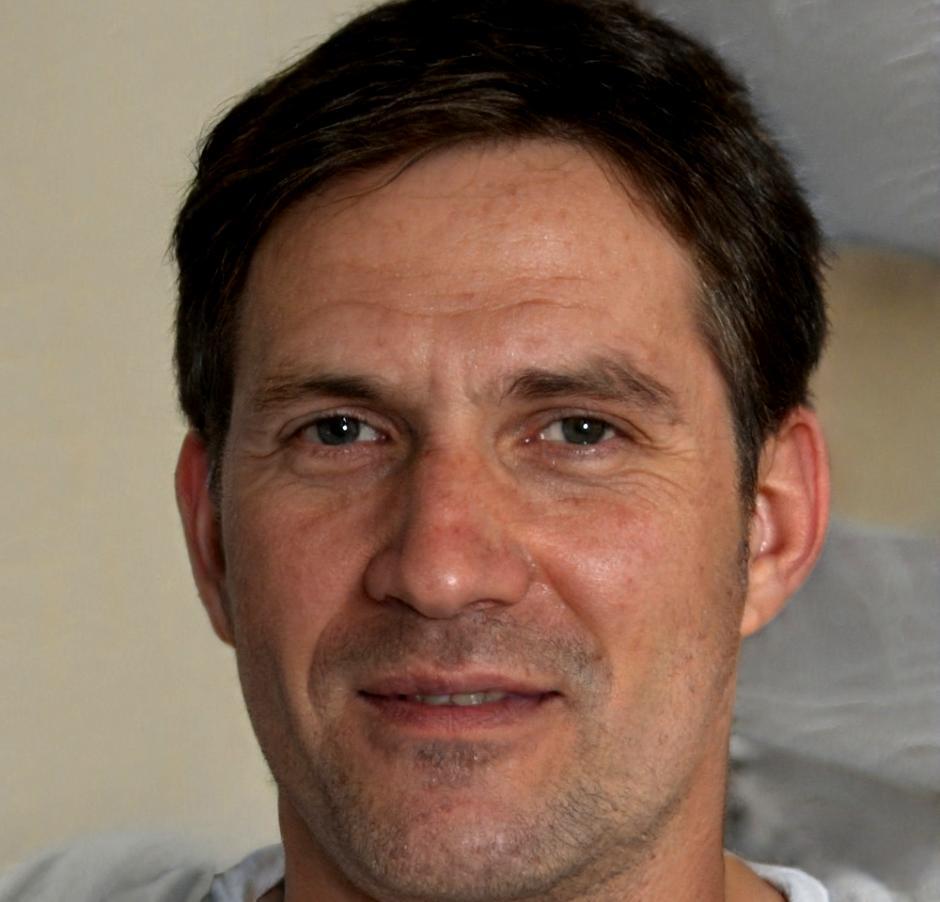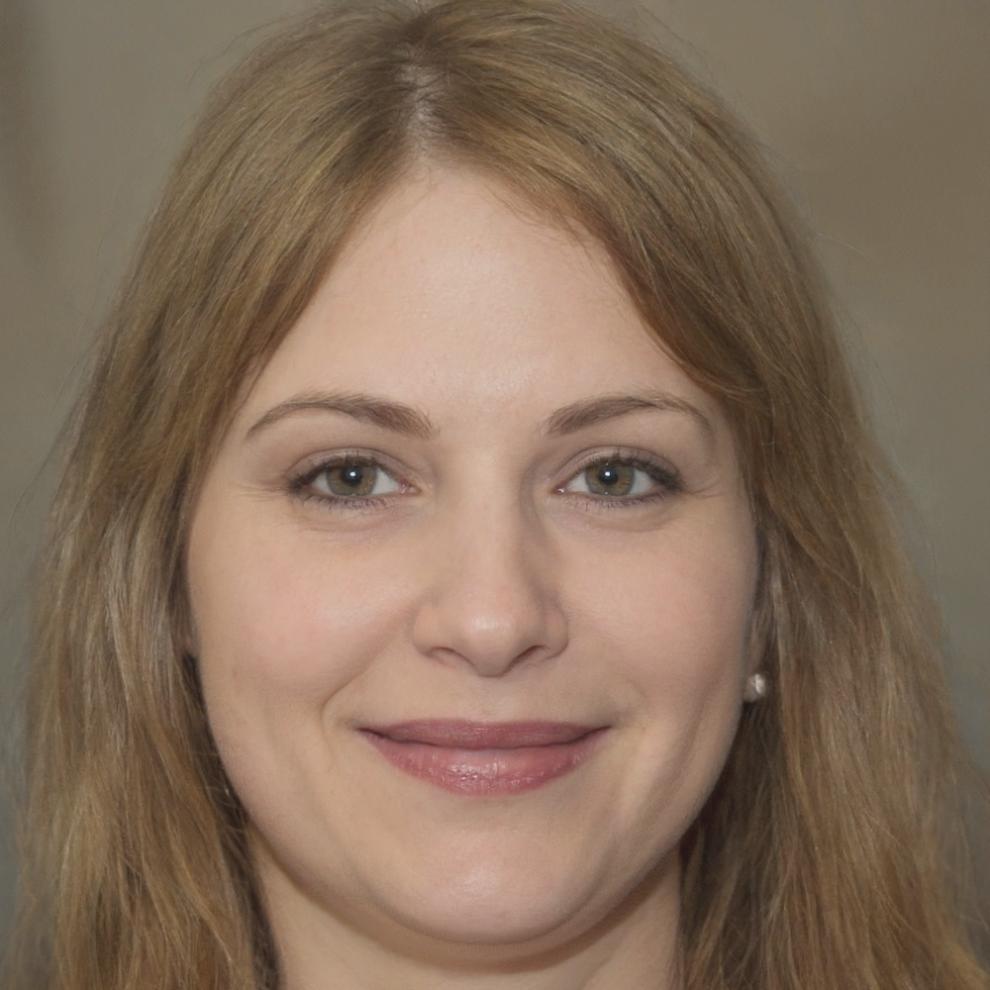Getting Your Finances Ready
Starting a master budget isn't something you jump into without thinking. There's groundwork to do first—not complicated stuff, but important steps that make everything smoother later.
Most people want to rush straight to spreadsheets and numbers. But that usually creates problems down the track. The families and small businesses we work with in Auburn and across NSW have taught us that preparation matters more than speed.
What You'll Actually Need
Nothing fancy here. Just real information about your money situation and a bit of time to organize it properly.
Financial Records
Bank statements from the past six months work best. You don't need years of history—just enough to see patterns. Credit card statements too, if you use them regularly.
Digital copies are fine. Actually, they're easier to work with. Just make sure they're complete months, not random dates.
Income Documentation
Pay slips if you're employed. Invoices and receipts if you run a business. Anything that shows money coming in with reasonable consistency.
Variable income needs more attention—we'll show you how to handle that without making it complicated.
Fixed Expenses List
Rent or mortgage, utilities, insurance, subscriptions. The stuff that hits your account every month without fail.
People usually forget a few things on their first pass. That's normal. We help you find those hidden regulars during the program.
Financial Goals Outline
What are you trying to achieve? Doesn't need to be detailed—just honest. Want to stop living paycheque to paycheque? Build an emergency fund? Plan for something specific?
Write it down somewhere. Even rough notes help. Goals change as you learn more about your finances, and that's perfectly fine.
Understanding Your Starting Point
Before creating any budget, you need a clear picture of where you stand right now. Not where you wish you were, not where you think you should be—where you actually are.
This means looking at your real spending habits over recent months. Some patterns might surprise you. That's the point of this exercise.
We guide you through this analysis step by step in our July 2026 program. No judgment involved—just practical assessment that helps you build something workable.

Who You'll Learn From

Callum Bexley
Budget Systems Instructor
Callum spent fifteen years helping small retailers in western Sydney manage their cash flow before switching to education. He knows what actually works when you're dealing with tight margins and unpredictable income.
His approach cuts through the theory and focuses on systems you can maintain without hiring an accountant. Practical stuff that fits into real life.

Petra Olovsson
Household Finance Educator
Petra worked in community financial counselling across western NSW for eight years before joining selithrion. She's seen every type of family budget situation imaginable.
She teaches budgeting for households with multiple income sources, shared expenses, and competing priorities. Her sessions include real examples from families who've worked through similar challenges.